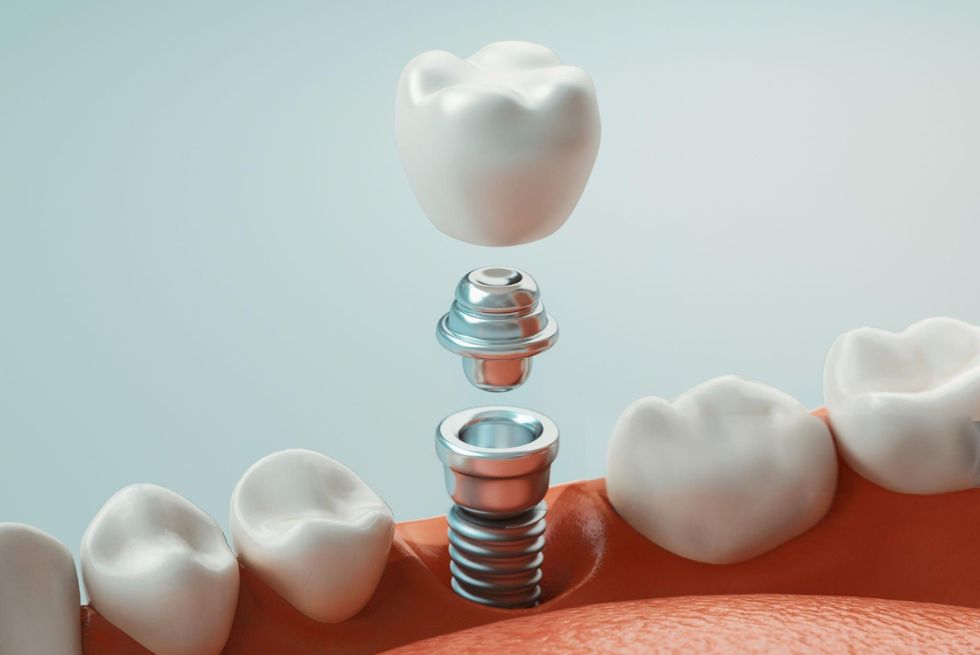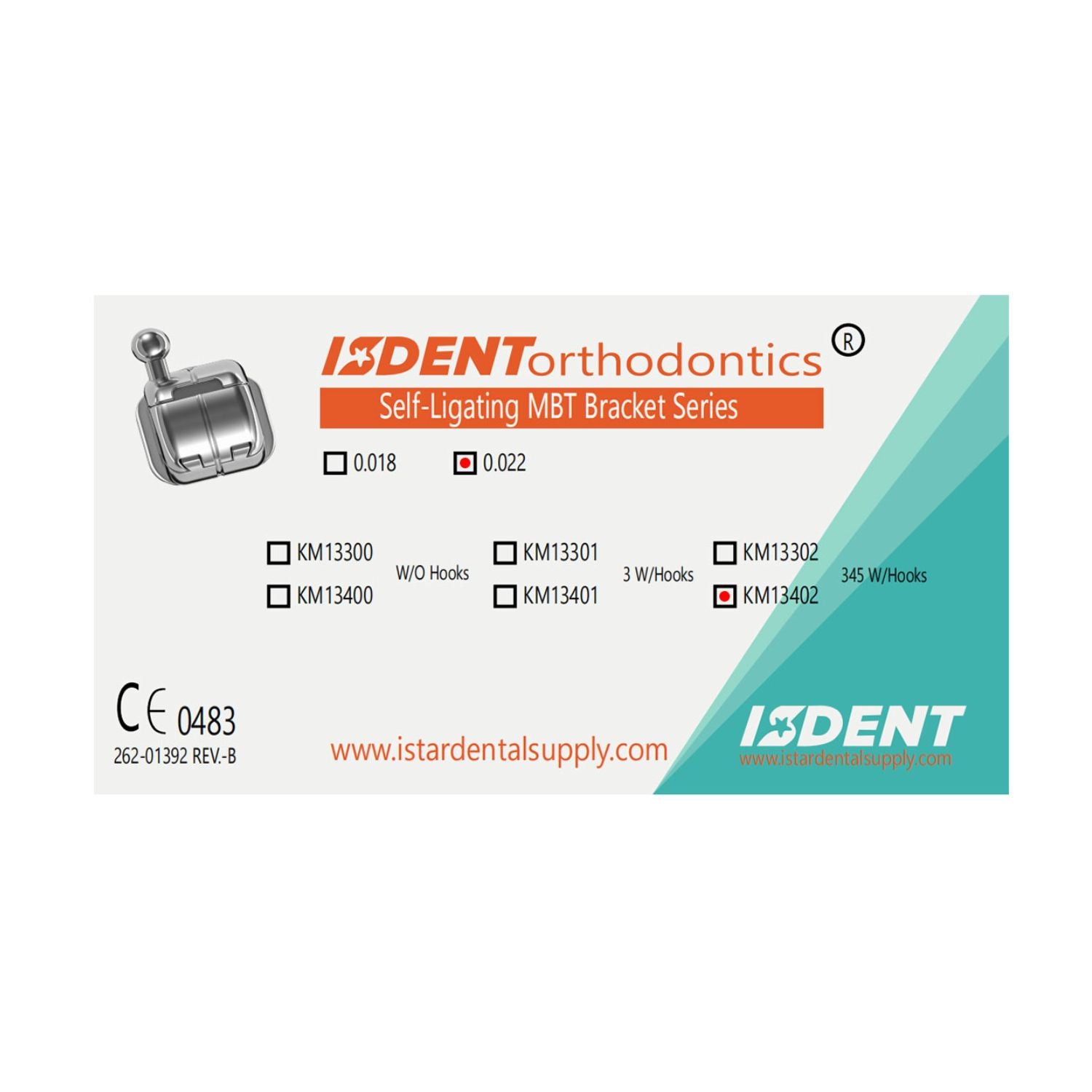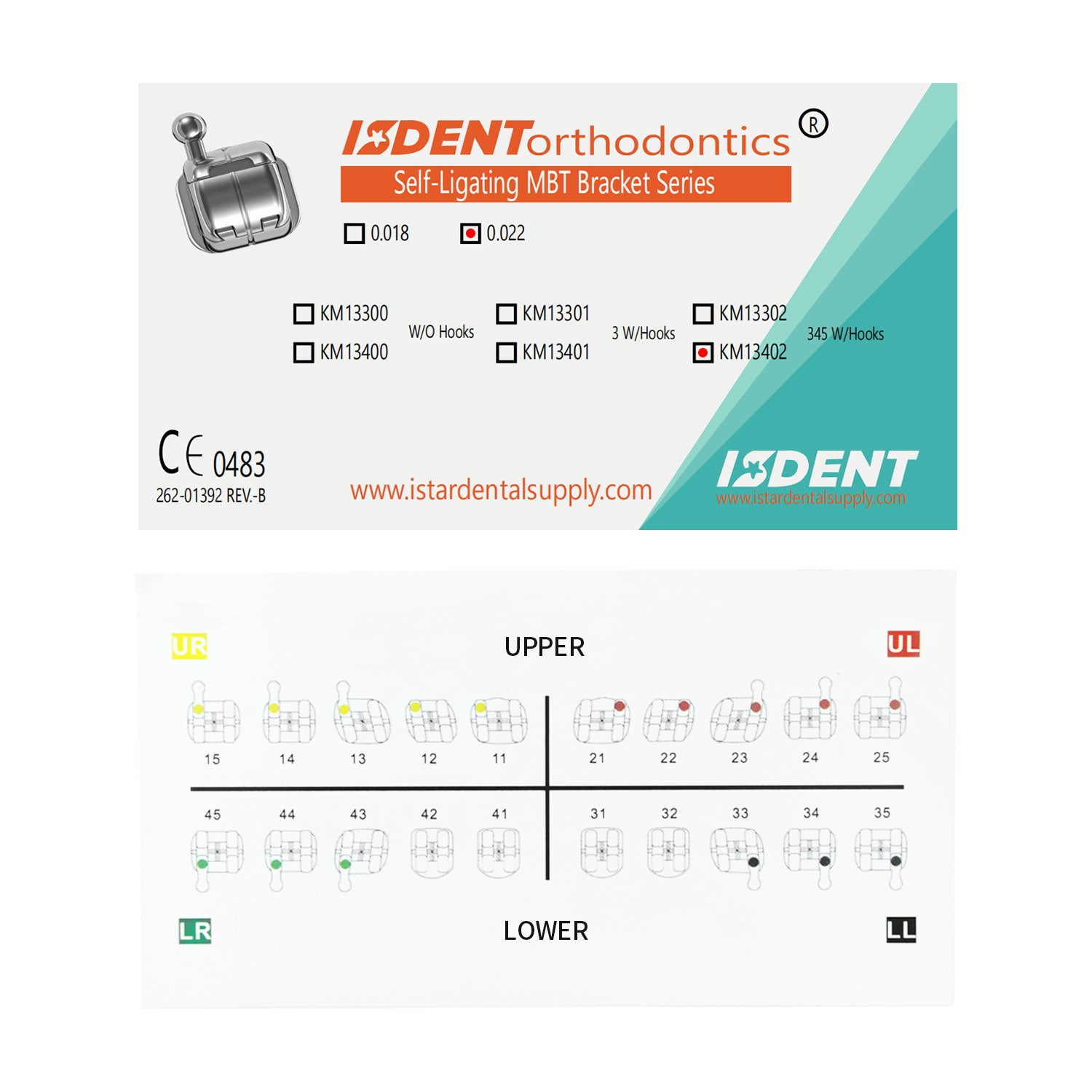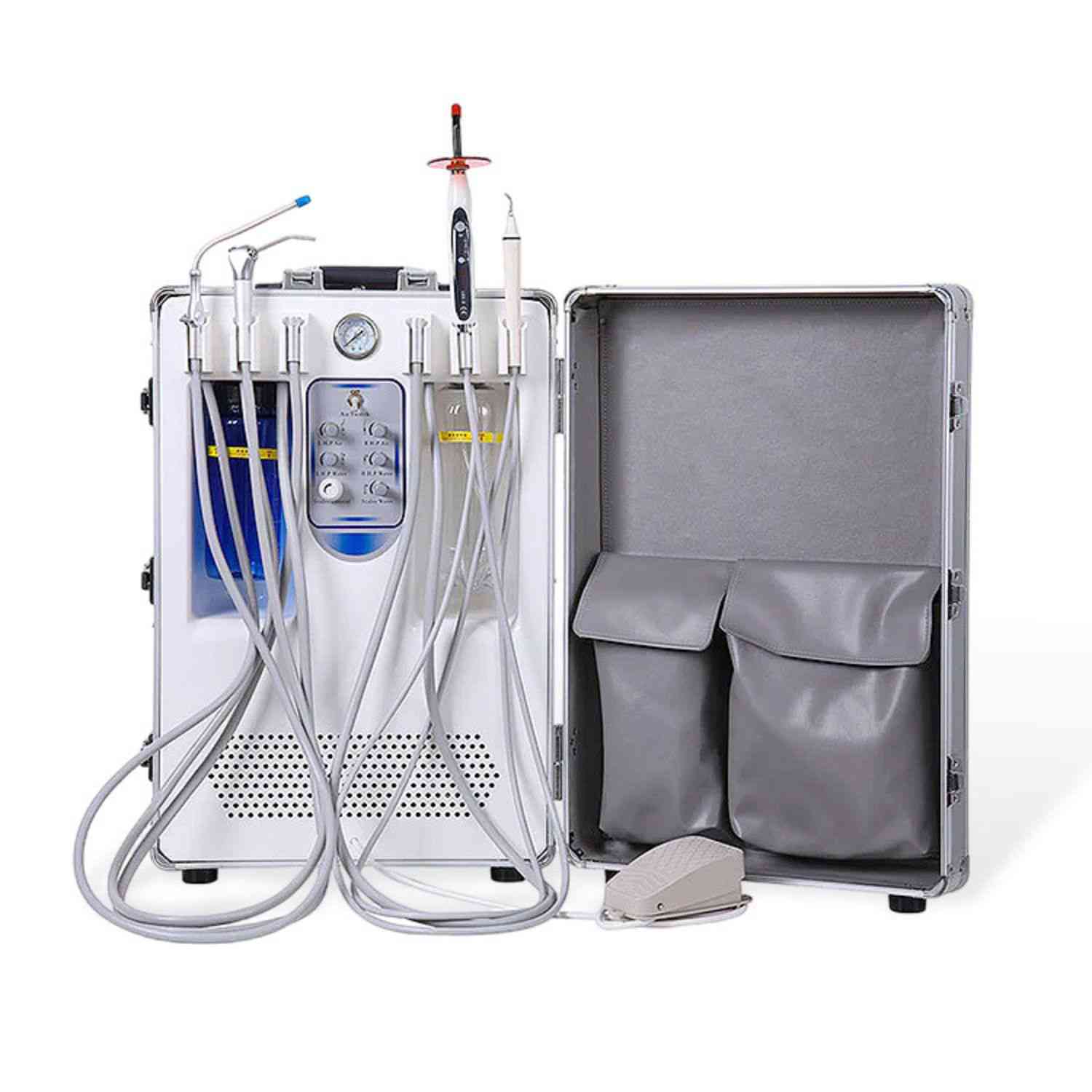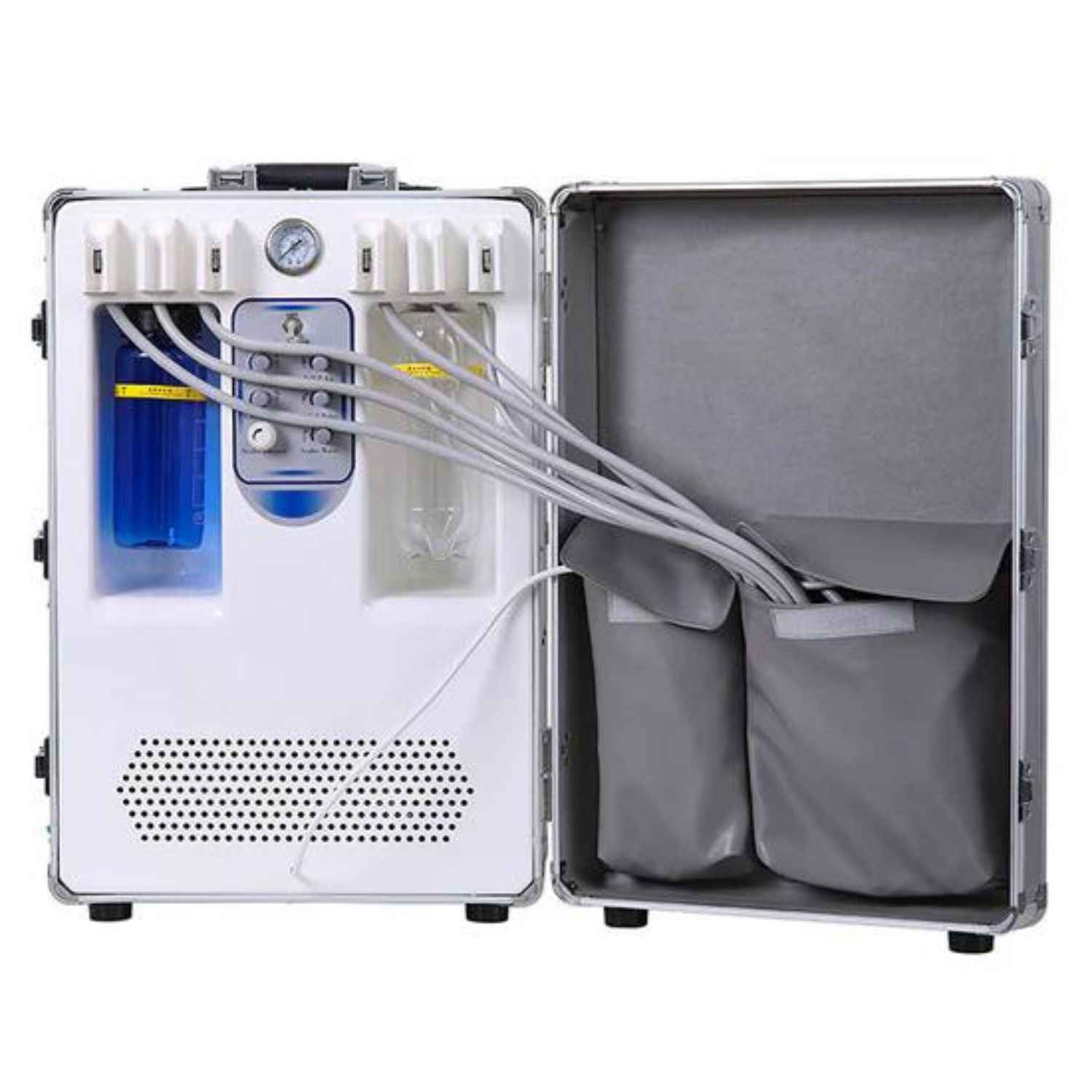Do Medicare Advantage Plans Cover Dental Implants for Seniors?
A dental implant can change your life. It can help you eat, smile, and feel good again. But they can cost a lot of money. So, the big question is, will Medicare help pay for it? The short answer is tricky. Original Medicare usually says no. But some other plans might say yes. This article will show you the way. We will look at what Medicare does and does not cover. I will help you understand your choices so you can find a plan that helps pay for your dental implant.
What Is a Dental Implant and Why Do Seniors Need Them?
I remember when my uncle lost a tooth. He had a hard time chewing his favorite foods. He also felt shy about his smile. Then he got a dental implant. It was like getting his old tooth back. A dental implant is a strong, man-made tooth root. It is usually made of titanium, a metal that the body likes. A surgeon places this small post into your jawbone. Over time, the bone grows around the post, making it very strong and stable.
Once the post is secure, your dentist adds a connector and then a new crown on top. This crown looks and feels just like a real tooth. For many older adults, a dental implant is a wonderful choice. Unlike dentures, a dental implant does not slip or click. You can eat what you want and speak with ease. Taking care of a dental implant is also easy. You just brush and floss it like your other teeth. It is a long-term fix for a missing tooth.
Getting a dental implant can make a huge difference in your daily life. It helps keep your jawbone healthy. When you lose a tooth, the bone underneath can start to shrink. A dental implant helps stop this from happening. This keeps your face looking full and youthful. For these reasons, many seniors are looking into getting a dental implant. The main problem is often the price.
Does Original Medicare Cover Dental Implants?
This is the first question people ask me, and I have to give them the straight answer. No, Original Medicare does not cover dental implants. Original Medicare, which includes Medicare Part A (for hospitals) and Medicare Part B (for doctor visits), was not made to cover most dental care. It doesn’t cover routine things like cleanings, fillings, or getting a dental implant. This news can be a real letdown for people who need this important work done.
There is a very small, very rare time when Medicare may help. If you have an accident that hurts your jaw, Medicare Part A might pay for some hospital costs to fix it. If a medical problem requires a dental implant procedure as part of the treatment, Medicare may pay for a small part of it. For example, if a tumor is removed from your jaw, some of the work to rebuild it might be covered. But this is not common. For almost everyone, the answer is clear: Original Medicare doesn’t cover dental implants.
So, if you only have Original Medicare, you will have to pay for the full cost of dental implants yourself. I know this is not what you wanted to hear. But don't lose hope! There are other paths to explore. The U.S. government knows that dental health is important, so they created other options. This is where we need to look beyond Original Medicare to find help.
Why Doesn't Original Medicare Cover Most Dental Care?
I’ve often wondered about this myself. Why does a plan for our health not include our mouths? The reason goes back to when Medicare was created in the 1960s. At that time, dental work was seen as very separate from medical work. The law that created Medicare did not include routine dental care. The focus was on hospital stays and doctor visits. Lawmakers did not think to cover most dental services.
Over the years, we have learned how much our mouth's health affects our whole body's health. Problems in your mouth can lead to problems in your heart or other places. But the original law has not changed much. So, Original Medicare still doesn’t cover most dental things that people need. This includes routine dental care like cleanings, fillings, dentures, and, of course, a dental implant.
This is why we have to look for other types of plans. Original Medicare doesn’t cover what you need for a dental implant. It is not designed to provide dental benefits. The system thinks of dental care as an extra, not a core part of your health. This is a big problem for seniors who want to stay healthy from head to toe. The good news is that private insurance companies saw this need and created plans to fill the gap.
What About Medicare Part C? Can It Help Me Get Dental Implants Covered?
Yes! This is where things start to look brighter. Medicare Part C is also known as a Medicare Advantage Plan. These plans are sold by private insurance companies that are approved by Medicare. A Medicare Advantage Plan is an alternative to Original Medicare. It must cover everything that Medicare Parts A and B cover. But the best part is that many of these plans offer extra benefits.
These extra benefits often include things like dental, vision, and hearing coverage. This is great news for someone who needs a dental implant. Many Medicare Advantage plans cover dental implants, at least in part. These plans see the need for good dental care and include it in their package. So, if you are looking for help to pay for a dental implant, a Medicare Advantage Plan is the first place you should look.
It is important to know that not all Medicare Advantage plans are the same. Some plans offer basic dental coverage for cleanings but not for big procedures. Other plans offer extensive dental coverage that can help cover a dental implant. You have to shop around and read the details of each dental plan. This is how you can find a plan that works for you. These advantage plans provide dental options that Original Medicare does not.
How Do I Find a Medicare Advantage Plan That Covers Dental Implants?
Finding the right plan takes a little bit of work, but it is worth it. I tell my friends to start by making a list. The first step is to use the official Medicare website. You can use the Medicare Plan Finder tool on Medicare.gov. You can enter your zip code and see all the Medicare Advantage plans in your area. The tool lets you compare plans side-by-side and see what dental services they cover.
When you look at a plan, search for its dental coverage details. Don't just look for a checkmark next to "dental." You need to dig deeper. Look for a document called the "Evidence of Coverage" or "Summary of Benefits." This document will list exactly what the plan covers dental-wise. Look for words like "major services," "restorative care," or "dental implant." Some plans cover dental implants directly.
Another good step is to talk to an independent insurance agent who knows about Medicare. These people can help you compare many plans at once. They can help you find the plan that covers dental implants best for your needs. Be sure to ask them directly, "Does this plan help cover the costs of a dental implant procedure?" They should be able to show you the details in writing.
Checklist for Finding a Plan:
-
[ ] Go to Medicare.gov and use the Plan Finder tool.
-
[ ] Make a list of Medicare Advantage plans in your area.
-
[ ] For each plan, find the "Evidence of Coverage" document.
-
[ ] Search the document for "dental implant" or "major services."
-
[ ] Check the plan's annual maximum for dental coverage.
-
[ ] Note the deductible, copay, and coinsurance for dental procedures.
-
[ ] Call the insurance company or an agent to confirm the dental implant coverage.
What Should I Look for in a Plan's Dental Benefits?
When you find some plans that offer dental coverage, you need to look at the details very closely. Finding a plan that says it covers dental is just the first step. The real key is understanding how much it covers. A plan covers dental services in different ways. Some plans will cover a lot, while others cover very little. Here is what I tell people to watch out for.
First, look for the "annual maximum." This is the most money the insurance plan will pay for your dental work in one year. For a dental implant, you need a plan with a high annual maximum, maybe $2,000 or more. Second, check the "coinsurance." This is the part you have to pay. For major work like a dental implant, a plan might pay 50%, and you would pay the other 50%. You need to know this number.
Finally, look at the waiting period. Some plans make you wait a certain amount of time, like 6 or 12 months, before they will pay for a major procedure like a dental implant. Make sure you know if there is a waiting period. The best plans have no waiting period and a high annual maximum. Finding a plan with good coverage for dental implants takes careful reading.
|
Feature to Check |
What It Means |
Why It's Important for a Dental Implant |
|
Annual Maximum |
The most the plan will pay for dental in a year. |
A dental implant is expensive. You need a high maximum. |
|
Coinsurance |
The percentage of the bill you have to pay. |
A lower coinsurance means you pay less out of pocket. |
|
Deductible |
The amount you must pay before the plan pays anything. |
A lower deductible is better. |
|
Waiting Period |
How long you must be in the plan before it covers major work. |
If you need a dental implant soon, look for no waiting period. |
|
Covered Services |
The list of what procedures the plan will help pay for. |
Make sure "dental implant" is on the list of covered services. |
Are There Other Ways to Get Dental Implant Coverage?
Yes, a Medicare Advantage Plan is not the only option. If you decide to stick with Original Medicare, you can still get help with dental costs. One way is to buy a separate, stand-alone dental plan. These are private dental insurance plans that you buy on your own. They are not part of Medicare. You would pay a monthly fee for this dental insurance.
These stand-alone dental plans work just like any other insurance. They have deductibles, copays, and annual maximums. Many plans cover routine dental care right away. For a major procedure like a dental implant, they often have a waiting period. You will need to shop around to find a dental plan that offers good dental implant coverage. It is important to combine a Medicare Advantage Plan or Original Medicare with a strong dental plan if you need serious dental work.
Another option is a dental savings plan or discount card. This is not insurance. With a savings plan, you pay an annual fee. In return, you get a discount on dental services from dentists in the plan's network. The discount might be 10% to 60%. This can help lower the cost of a dental implant, but you will still have to pay a lot of money yourself. It is a good idea to look at all your choices before you decide.
What Parts of the Dental Implant Procedure Might Be Covered?
A dental implant procedure is not just one step. There are several parts of a dental implant process. An insurance plan might cover some parts but not others. It is important to understand this. Knowing what might be covered can help you plan for the costs. A full dental implant procedure includes a few key stages.
First is the exam and X-rays. This is where the dentist plans the surgery. Most plans offer dental coverage for this part. Next is the surgery to place the titanium post in your jaw. This is a major service. A good Medicare Advantage Plan or private dental insurance may cover costs for this, often around 50%. After the post is placed, there is a healing period.
Then, the dentist places the abutment, which is the connector piece. Finally, the new crown, or fake tooth, is attached. The crown is also a major service. Your dental coverage typically treats the surgery and the crown as separate items. A good plan will help cover both. Some parts, like bone grafts if you need them, may or may not be covered. You must ask your insurance plan about each specific part of the dental implant process.
How Much Can I Expect to Pay for a Single Dental Implant?
The cost of dental implants can change a lot. It depends on where you live, what dentist you see, and how much work you need. A single dental implant can cost anywhere from $3,000 to $6,000. This price usually includes the post, the abutment, and the crown. If you need extra work, like a bone graft, the price will be higher. For implants for multiple teeth, the cost goes up a lot.
Now, how can a plan help? Let's imagine you have one Medicare Advantage plan that covers dental implants at 50%. Let's say it has a $2,000 annual maximum. If your dental implant costs $4,000, the plan would pay 50%, which is $2,000. This is the plan's maximum, so that is all it will pay. You would have to pay the other $2,000. This is still a lot of money, but it is much better than paying the full $4,000.
This is why it is so important to find a plan with a high annual maximum. Some plans offer up to $5,000 in dental benefits per year. If you find a plan like that, it can make a dental implant much more affordable. Remember to always get a price quote from your dentist and then talk to your insurance company before you start any work. That way, there will be no surprises.
So, What's My First Step to Get Dental Implants Covered by Medicare?
I have given you a lot of information. Let's make it simple. Your first step is to talk to your dentist. Find out if a dental implant is the right choice for you. Ask them for a detailed treatment plan that shows all the steps and all the costs. This paper is your roadmap. It will tell you exactly what you need to look for in an insurance plan.
Your second step is to research your insurance options. If you are near the Medicare enrollment period, now is the perfect time to look at Medicare Advantage plans. Learn more about Medicare options by visiting the official website. Look for plans cover dental implants. Read the fine print. If you are not in an enrollment period, you can look for a stand-alone dental insurance plan.
The key is to be proactive. Don't wait until your tooth hurts more. Start looking now. Make phone calls. Ask questions. Compare what different plans cover. Getting a dental implant is a big decision and a big expense. But with the right plan, you can make it happen. I have seen so many people get their smiles back with a dental implant, and I know it can be a great choice for you, too.
Things to Remember
-
Original Medicare (Part A and Part B) does not pay for a dental implant in almost all cases.
-
A Medicare Advantage Plan (Part C) is your best bet for getting help. Many of these plans provide dental benefits.
-
You must research plans carefully. Look for a high annual maximum and check if the plan specifically covers dental implants.
-
Always read the "Evidence of Coverage" to see exactly what is covered before you sign up for a plan.
-
Other options include buying private dental insurance or joining a dental discount plan.
-
Talk to your dentist first to get a clear treatment plan and cost estimate. This will help you choose the right insurance.

